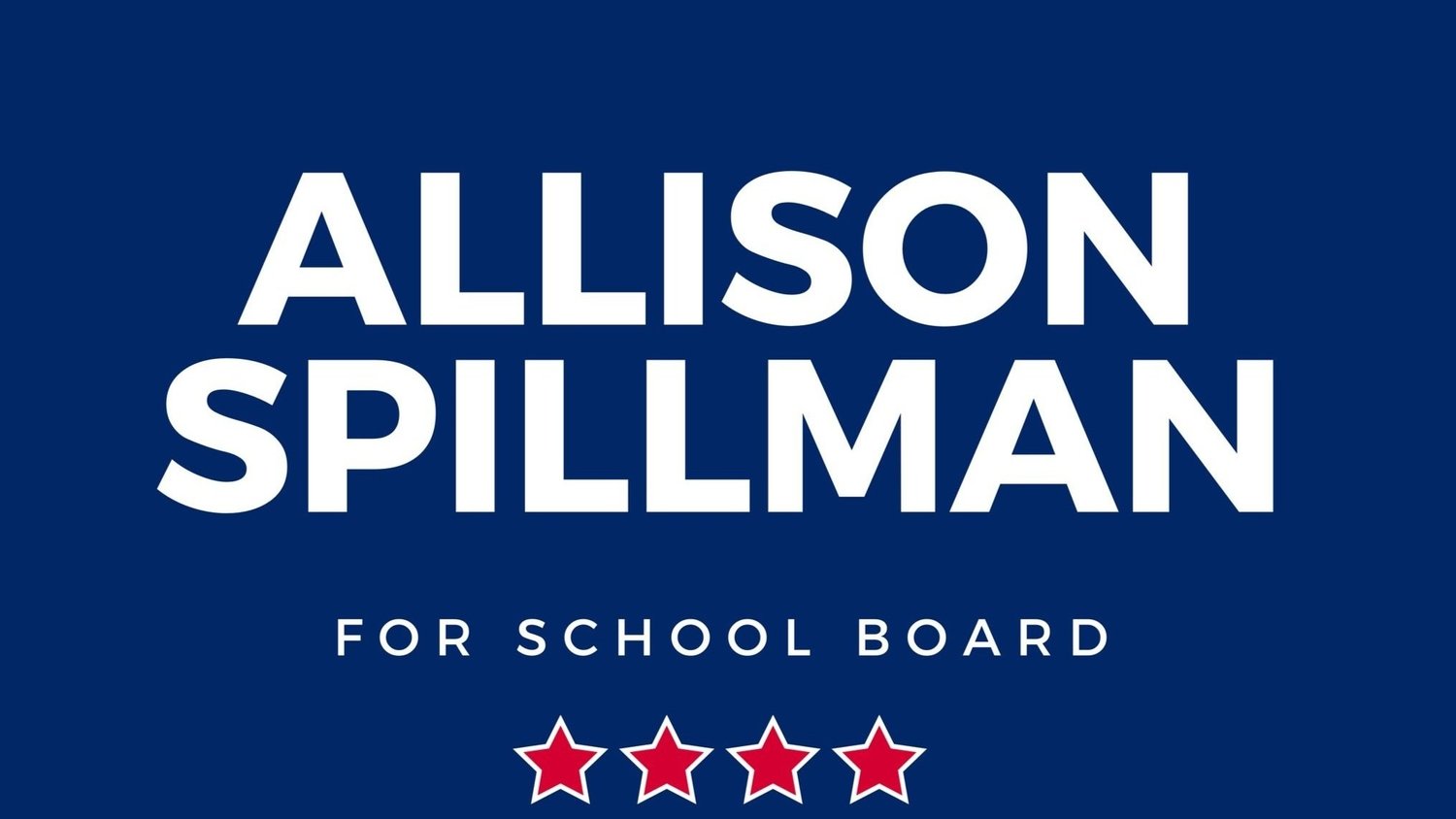Supporting Our Youngest Learners - My Plans for Promoting Early Childhood Education
In several previous posts, I have discussed my plans to promote excellence and academic achievement at the high school, middle school, and elementary levels. Today, I want to share with you my plans for supporting early childhood education for our youngest learners in Albemarle County.
The early years of a child's life are a time of rapid brain development and learning. Children’s long-term educational opportunities are deeply affected by the environmental and social factors they experience during their first years, “including early life stress, socioeconomic status, relationships with parents and caregivers, and access to early education programs.” In particular, growing up in poverty negatively influences academic achievement, as research shows that kids from economically disadvantaged backgrounds are more likely to repeat grades and fail to graduate from high school.
Research also consistently shows that promoting early childhood education has a profound and lasting positive impact on a child's cognitive, emotional, and social development. Young children with positive early experiences can develop the skills that prepare them for school. Children who arrive at kindergarten ready to learn perform better throughout school and complete more years of education. Early childhood learning programs also help foster kids’ social and emotional development, as children learn essential skills like empathy, communication, and conflict resolution.
I am a strong proponent of universal pre-kindergarten, which would help make pre-K available and financially affordable to all working families. The evidence is clear that investing in our children through universal pre-K for 3- and 4-years olds pays long-term dividends. A recently-released 20-year longitudinal study by researchers at Georgetown University found that students who attended pre-K were more likely to enroll in advanced (AP or IB) courses in high school, less likely to fail courses or be chronically absent, and more likely to graduate from high school on time. This is in line with previous studies that found children enrolled in pre-K experienced long-term economic and social benefits as adults.
As a school board member in Albemarle County, I will work tirelessly to increase the availability of pre-K programs to our families and youngest children. First, I will fight to make pre-K available in every ACPS elementary school. Currently, the Bright Stars Program for at-risk 4-year-olds is available in only 7 out of 15 elementary schools. I also will work to expand Bright Stars’ eligibility to 3-year-olds so more families and children can benefit from it.
Second, I will work to expand access to the Early Childhood Special Education (ESCE) Program. Early childhood learning programs are especially beneficial for students with disabilities, who are at heightened risk of failing standardized tests and not graduating from high school. Inclusive pre-K programs have been found to increase language and literacy outcomes for students with disabilities. Currently, however, ACPS does not offer ESCE in 6 of our 15 elementary schools. Every elementary school should host this important program.
Third, I will advocate for increased reading intervention specialists in elementary schools for K-3, to help ensure that no child slips through the cracks when it comes to literacy. Extensive research supports the effectiveness of intensive reading intervention for this group of students, and there is also an emerging body of empirical support that reading intervention programs help make up for learning loss during the pandemic.
In sum, investing in early childhood education has far-reaching educational, economic, and social benefits for our kids. By providing access to high-quality early education programs, we can unlock the potential of every child in our community, reduce achievement gaps, and build a brighter future for all.
